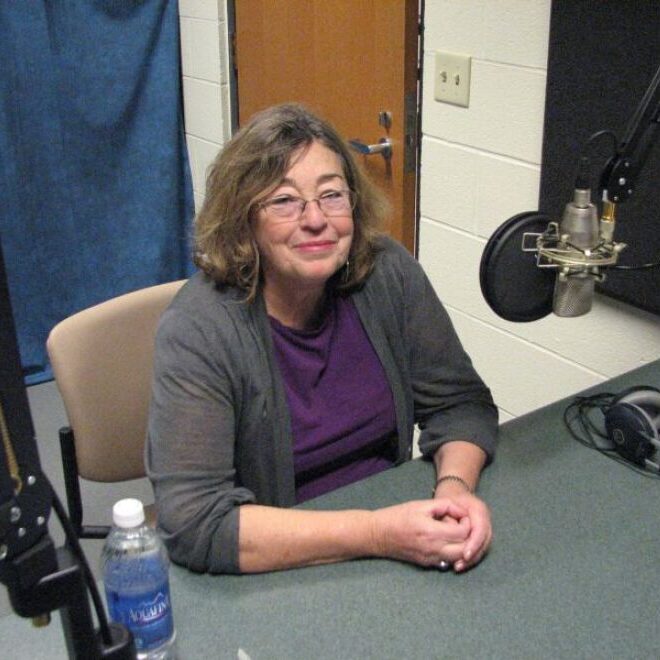
Marsha Weissman holds a Ph.D. in Social Science from the Maxwell School and an MPA from Syracuse University as well as the Wagner School of New York University. She joined the faculty of the Sociology Department, Maxwell School of Citizenship and Public Policy at Syracuse University in 2016. Prior to this, Weissman founded the Center for Community Alternatives (CCA), a not-for-profit organization that provides policy analysis, advocacy, and direct services to reduce reliance on incarceration. She served as its executive director for 34 years. While at CCA, Weissman developed innovative alternative-to-incarceration programs including the first gender-specific, alternative-to-incarceration programs for women with substance use problems and the Youth Advocacy Project, which provides non-custodial sentencing options for young people charged with crimes of violence.
Weissman has conducted research on myriad topics and issues related to the criminal legal system. Her groundbreaking examination of the use and impact of criminal history screening in the college application process was the first to call attention to the ways that such practices constitutes de-facto discrimination in college admission. This research, “The Use of Criminal History Records in College Admissions Screening Reconsidered” and “Boxed Out: Criminal History Screening and College Application Attrition” influenced Department of Education federal guidance and resulted in changes to admissions practices in several universities including the State University of New York. Weissman has also researched and developed model programs to reduce school push out and school-based arrests. Her book, “Prelude to Prison: Youth Perspectives on the School-to-Prison Pipeline” was published by Syracuse University Press in January 2015.
Weissman has served on a number of boards of criminal legal system organizations including the Sentencing Project and Unchained as well as committees and task forces including New York State Task Force on Transforming Juvenile Justice.

The Council on Criminal Justice is founded on the belief that a fair and effective criminal justice system is essential to democracy and a core measure of our nation’s well-being.
Your tax-deductible support ensures that the Council can advance solutions that enhance safety and justice for all.